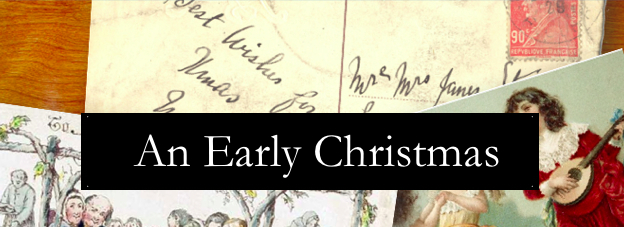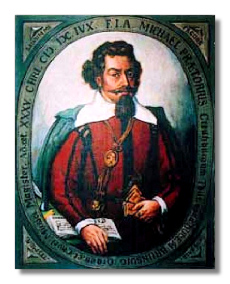On the Fifth Day of Early Christmas My Direc ... Wait! What is that Odor?
Danny Johnson
Do you remember in “Independence Day” when Will Smith’s character was dragging an alien invader through the desert complaining about how the attack was ruining his July 4th holiday, oh, “AND WHAT IS THAT SMELL???” A little pummeling followed.
Well, don’t worry, the odor that the French noël Quelle est cette odeur agréable refers to is nothing like that. The text is a variant of the annunciation to the shepherds in Luke, focusing on the surprisingly pleasing scents coming from the manger after the birth of the baby Jesus: “Whence is that goodly fragrance flowing, Shepherds, to steal the senses all away?” The tune appears in English sources as early as 1710 so it was probably popular in France for at least a decade before that, probably coming from the late 16th century. It was used (as a drinking song) in John Gay’s The Beggar’s Opera in 1728, as were a number of melodies that we’ve come to love—more about that later. The song would probably be more well known in the West than it is, but since the title has been translated as Whence is that goodly fragrance, What is this perfume so appealing, What Perfume This? O Shepherds Say!, and a few other hard-to-negotiate-with-a-straight-face lines, it's probably going to remain an uphill battle...
Our arrangement of the tune is in the style of a gentle 17th-century, French Baroque chamber work, with two viols, violin, harp, lute, and flute in support of the tenor soloist, Jeffrey Jones-Ragona. It is really lovely. You should have no problem avoiding mental images of icky smells, alien or otherwise. Here is a teaser from our CD Noël: An Early Christmas, sung by the birthday girl, Stephanie Prewitt (see the Day 1 post):
























